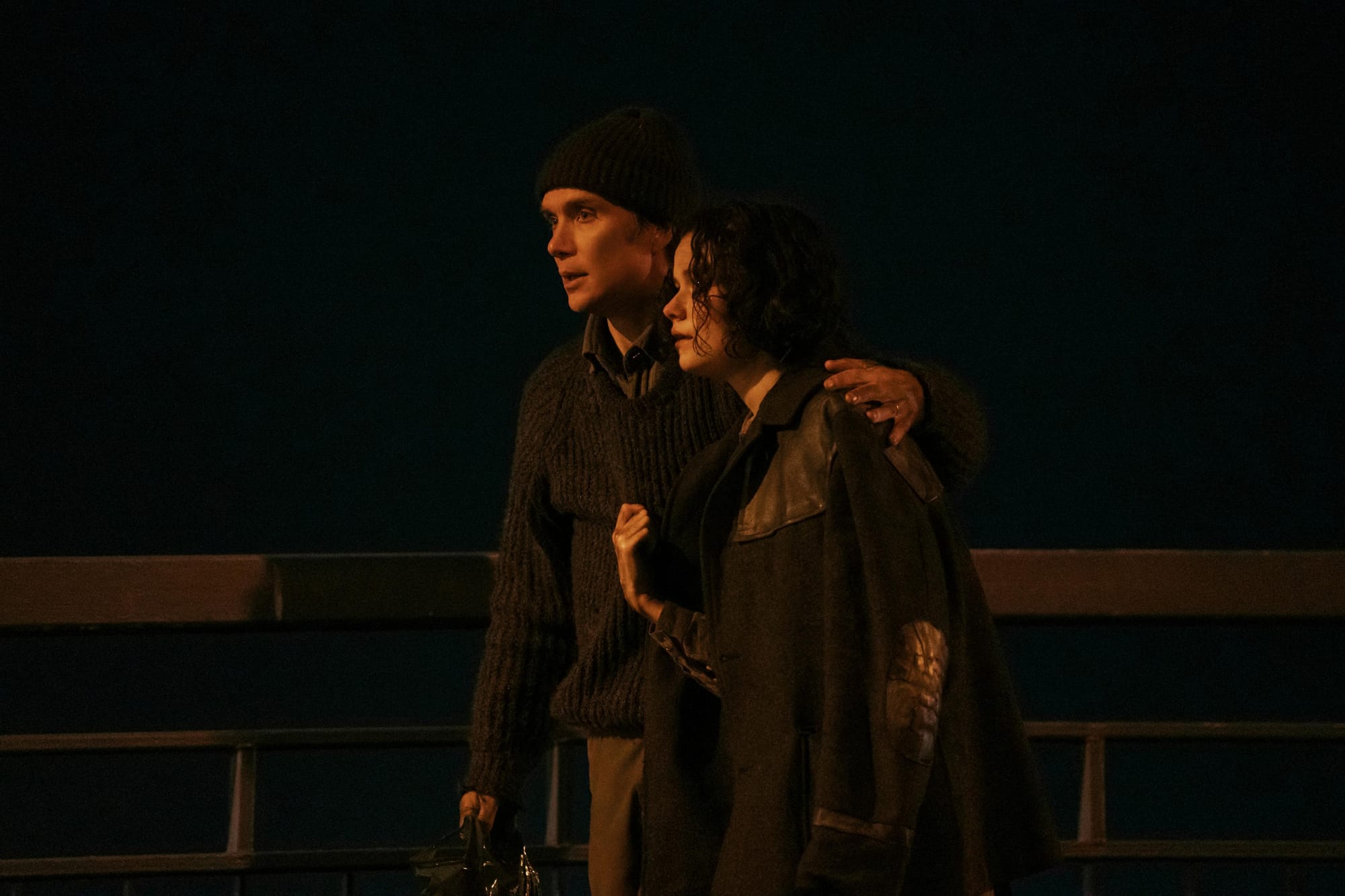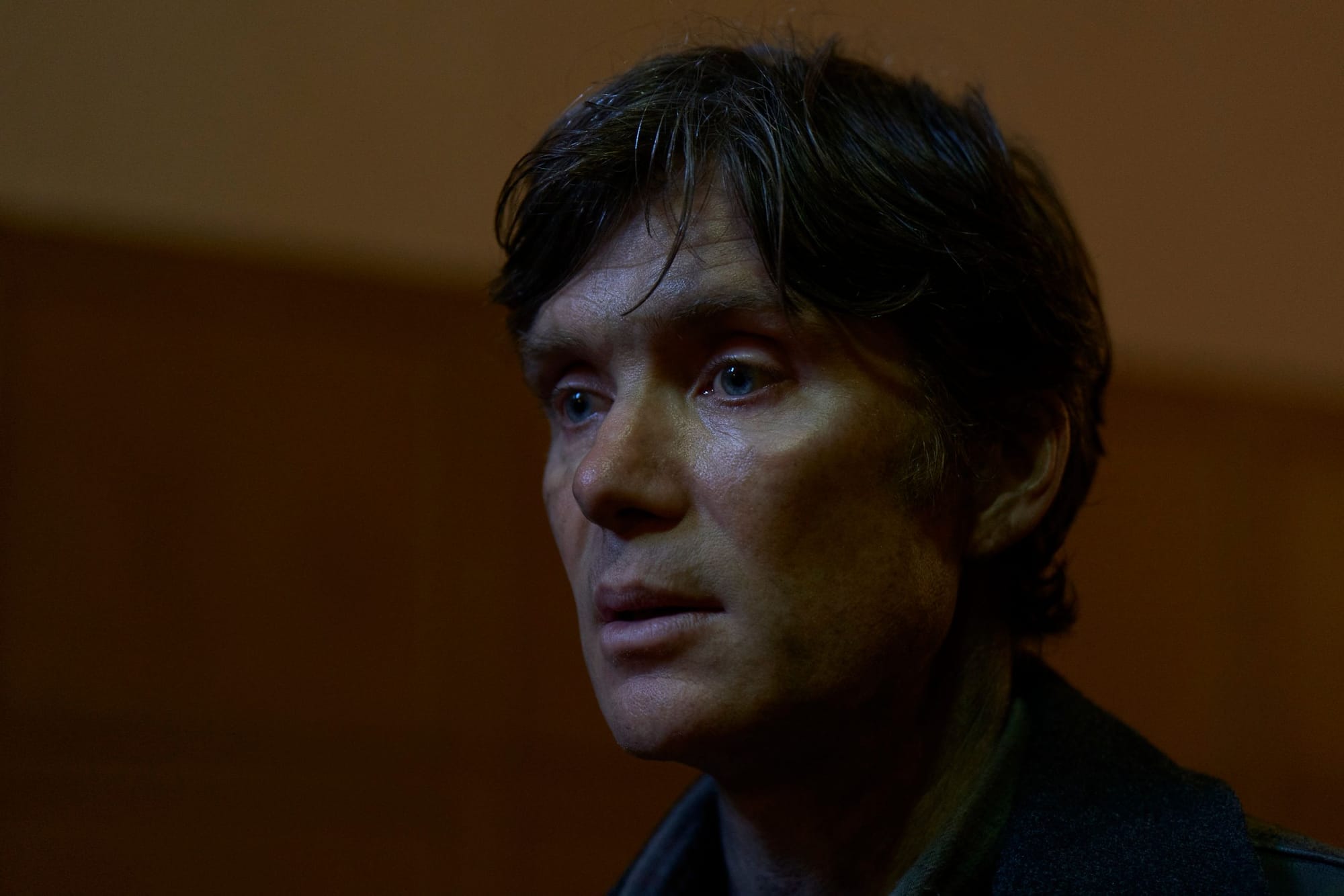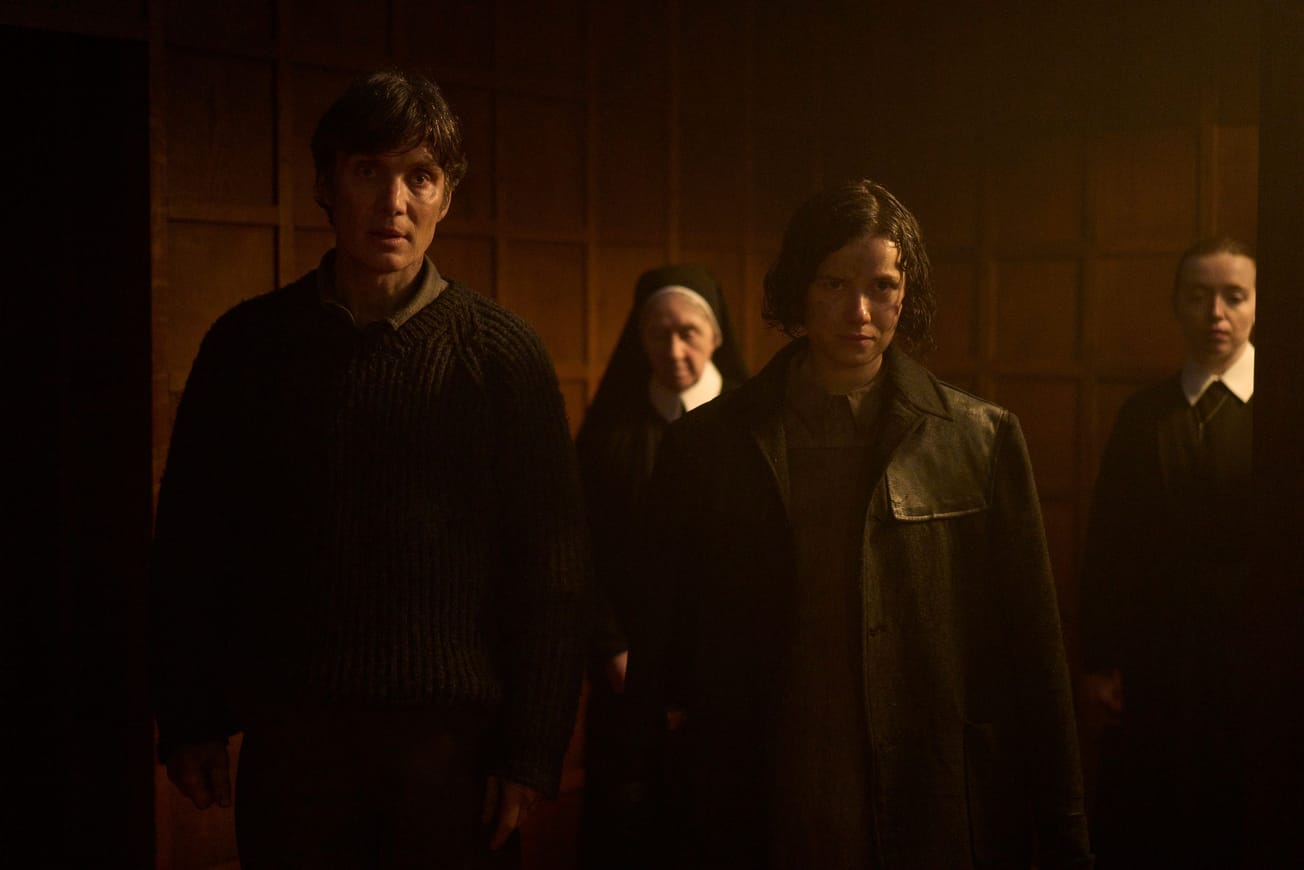By Hunter Grasdal, Third Year, Liberal Arts
In Small Things Like These, a coal merchant faces institutional abuse that is out of his power to control. In his small and rainy town in Ireland, he has to decide whether to remain silent or to break the peace. Though only one hour and 30 minutes long, the story is a punch in the gut.
Based on the novel by Claire Keegan, the film takes place at Christmastime in a small Irish village in 1985 where coal merchant Bill Furlong (Cillian Murphy) is in his busiest period. When delivering coal to the town’s convent he discovers some strange happenings. The film is recalls the horrors of the Magdalene Laundries and the silence and complicity that allowed it to persist in a time when the Catholic church held obscene amounts of power.
Everyone knows a man’s son and a girl’s mischief.
For those unaware, The Magdalene Laundries were institutions in which girls and women were made to do unpaid labour. These institutions existed in multiple places and were often overseen by religious groups. In Ireland, they were run by the Roman Catholic church in union with the Irish government. They admitted girls and women considered ‘fallen’. For instance, girls who were orphaned or abandoned by their families, or in families financially unable to care for them. Unwed pregnant women, and women accused of engaging in premarital sex were sent to the laundries, as well as girls who were victims of physical and sexual abuse. More than 10,000 women and girls were sent to the laundries between 1922 and 1996.

The movie is grim, dark, and rainy reflection of these atrocities. Images of the church appear as a constant reminder of who rules this small town, where everyone knows everyone. Everyone knows a man’s son and a girl’s mischief. In a community that seems tight-knit, what happens when the order of things is questioned, even just by one person?
In the few scenes inside the laundries, it is eerie and silent, occasionally interrupted by the sound of a creaky floorboard. Amongst the big halls and kitchen, there is empty air filled with the institutional abuse occurring behind closed doors. A young girl runs up to Bill, crying ‘Won’t you help us?’, Bill is frozen, caught off guard. Knowing this is outside of his power, yet cannot rid himself of the fear in her voice and face.
This story explores more than just the laundries, it is also about the silence and complicity that allowed it to persist. When Bill’s wife, Eileen (Eileen Walsh), tells Bill: ‘If you want to get on in this life, there are things you have to ignore’, it becomes clear that this is one of those things. To keep intact with one’s own life, you cannot ponder over everything. You can’t question what is bigger than yourself, and you should not let yourself be trapped by it.
The story being told from Bill’s perspective gives depth to the theme of silent complicity. In the short time he spends inside the convent, he already feels uneasy and nervous. When he returns to his family, his wife notices that something is bothering him, but he can’t find it in himself to tell her. He reflects on his childhood, his mother (who had Bill out of wedlock), and how she was taken in and cared for by a mere stranger. It is within these memories that he finds himself feeling empathy and sadness for the girls. Though they may be considered ‘fallen’ and in need of discipline from a societal perspective, he just views them as girls. Though he is encouraged to ignore what he suspects is happening, he can’t find it within himself to do so. He scrubs his hands clean from a day at work, but as he observes more and more, the scrubbing becomes more aggressive. It is as if he is trying to wash himself clean of what he’s witnessed.

This is Cillian Murphy’s first role since his Oscar Winning performance in Oppenheimer (2023). Though his quiet, reserved performance in this film is in stark contrast to Oppenheimer, Murphy delivers a brilliant portrayal of Bill’s internal conflict. His inability to look himself and others in the eye exhibits his inability to confront what he suspects is happening. He is biting his tongue to avoid disturbing the peace, while simultaneously wanting to do more.
Emily Watson, who plays a sister in the convent, conveys a chilling performance. Through subtle tone changes and the hard look in her eyes, her presence is ominous. As a viewer, I understood why the rest of the town didn’t dare to challenge her. Challenging her is challenging the order, and it could cost people everything.
The last Magdalene Laundry was closed just under 30 years ago, in 1996. It is a fresh wound in Ireland’s history that is barely healed. What Small Things Like These may hopefully bring is a necessary, long-awaited conversation about the trauma (and societal wound) that remains from the Magdalene Laundries.
Have you seen Small Things Like These?









